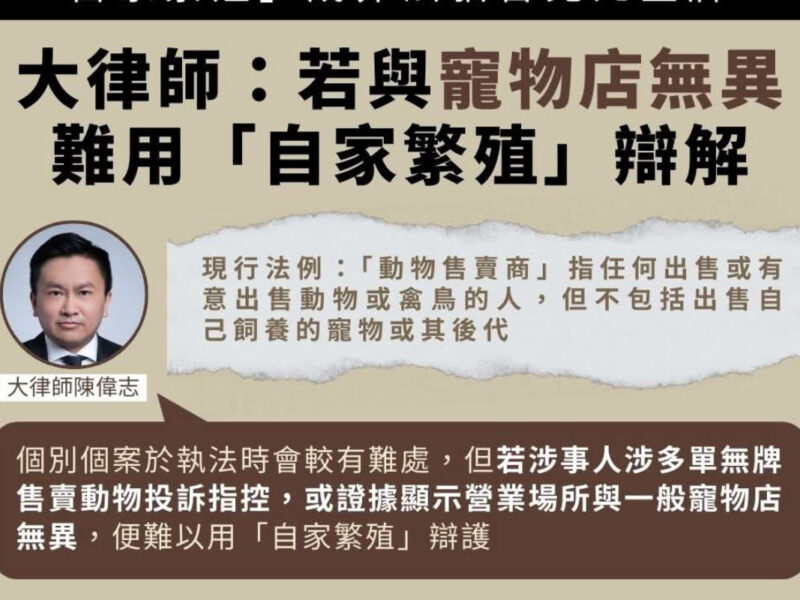A typical case of money laundering turns out to be a case of exploitation. A man of limited intelligence was being used, deceived, and charged. The case was unconditionally withdrawn after representations were made on his behalf.
In ESCC 440/2024, Mr X was charged with “conspiracy to deal with property known or believed to represent proceeds of indictable offence”, an offence commonly known as Money Laundering. The case against him is straightforward. During a phone scam investigation, the police discovered that no less than $2 million had been deposited into his bank account and disbursed.
While Mr X is a 30-year-old adult, he has an IQ of only 67. Furthermore, the doctor from Castle Peak Hospital concluded that he is very vulnerable and a recurring victim of exploitation, detailing a disturbing history of abuse that the man has suffered.
After obtaining further information from Mr X and his sister, Mr Edward Chan and Mr Gordon Chan acting pro bono wrote a letter, exceptionally, directly addressed to the Director of Public Prosecutions. The representations were made shortly before the trial was due to begin. On this rare occasion, the case against the man was ultimately withdrawn.
It should be noted that for money laundering offences, part of the element is based on an objective criterion. As explained by the Court of Final Appeal in HKSAR v Harjani Haresh Murlidhar (2019) 22 HKCFAR 446 at [26]:
(i) What facts or circumstances, including those personal to the defendant, were known to the defendant that may have affected his belief as to whether the property was the proceeds of crime (“tainted”)?
(ii) Would any reasonable person who shared the defendant’s knowledge be bound to believe that the property was tainted?
(iii) If the answer to question (ii) is “yes” the defendant is guilty. If it is “no” the defendant is not guilty.
What if a particular person is more susceptible than usual? The CFA held that it would only be a mitigating factor. This is a worrying situation for Mr X.
-
A rare case may arise where the court concludes that any reasonable person in the position of the defendant would have believed that the property was tainted but nonetheless accepts the evidence of the defendant when he says that he did not have this belief. This is only likely to arise in circumstances where it is apparent that the defendant lacks the reasoning abilities of the normal person. In such circumstances, applying the statutory test, the defendant should be convicted but the fact that he did not himself believe that the property was tainted may well be a mitigating factor when he is sentenced.
In this case, the facts suggest that Mr X was exploited by the phone scam syndicate and is, in fact, a victim himself, having handed over his ATM card and password with nothing in return. The prosecution was persuaded that instead of prosecuting Mr X, he deserves our sympathy and protection. Consequently, the case was withdrawn at the last minute.
Gordon Chan, Esq
Barrister-at-law, Archbold Hong Kong Editor on Public Health, and Member of the Bar Association's Committee on Criminal Law and Procedure. Specialised in medical, technology and criminal law.



